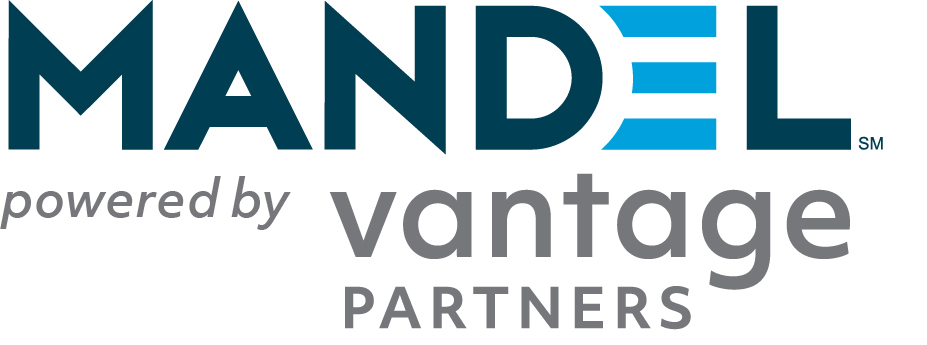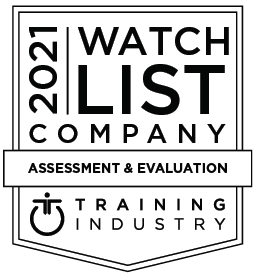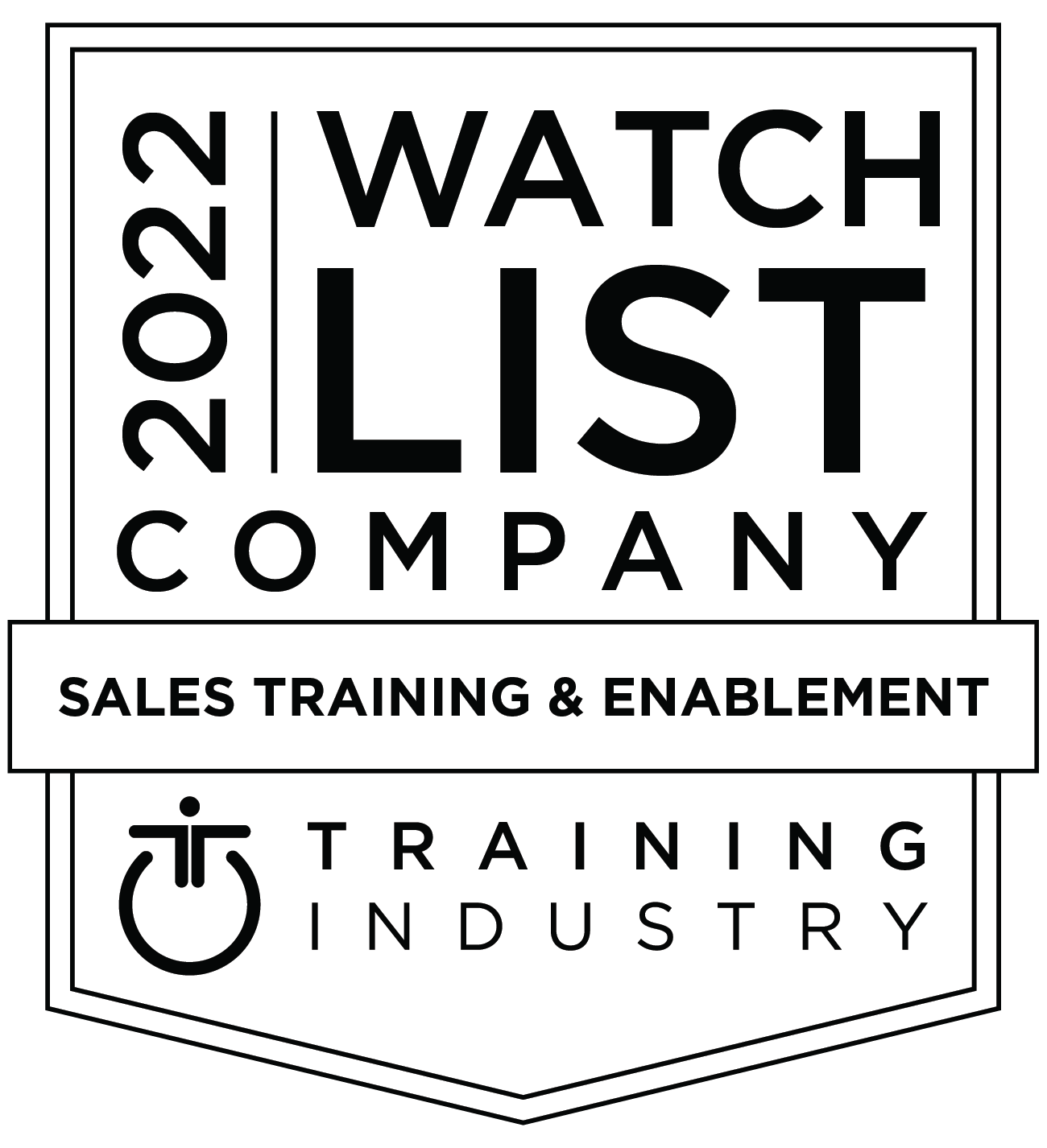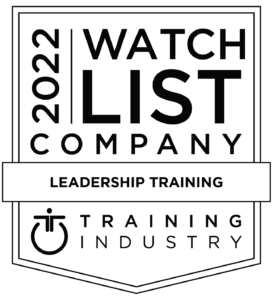Communicating ideas is critical to success.
In the workplace, this often manifests as presentations to clients or internal stakeholders. How well can your team do this?
If your team’s not able to communicate well, then your organization’s ability to innovate could be taking the hit.
That’s why during last week’s webinar, Don’t Let Your Good Ideas Get Lost in Presentation, Mandel Executive Director Brad Holst walked through common communication hurdles and actionable steps your company can take to stay on the path to innovation and prosperity.
Why is innovation a big deal?
A recent MIT Sloan/Deloitte study named innovation the second most important issue companies are grappling with today. And companies with innovation programs grew three times faster than their peers over five years, according to research conducted by Bain.
Innovation Matters
Innovation comes in two different flavors: big and every day.
Big innovation leads to new product development, go-to-market strategies, new technology, and manufacturing improvements. Everyday innovations are the kinds of ideas employees at every level of an organization generate and share and that increase an organization’s value, by way of processes that produce a higher profit or lower costs.
Here’s the thing: oftentimes, the best ideas get lost when poorly communicated.
If you don’t make a clear enough case for your idea, it ends up ignored, shelved, or abandoned—or it gets defeated by a weak idea, better presented. This is a morale-killer for organizations and it happens all the time.
A weak idea eventually shows its true colors, but usually not before you’ve spent a ton of time and money trying to make it work. And not before talent who have truly great ideas start to disengage or leave because they feel like they’re just not being heard.
Good Communication, Better Engaged Employees
Everyone wants to feel valued in the workplace. An ever-larger millennial workforce has only put more pressure on organizations to make sure they empower and reward good employees.
Perhaps the most studied generation ever, millennials want to feel like their contributions matter — that their ideas are being heard and valued. If they’re made to feel ignored, insignificant—like a cog in a wheel—they’ll take their talents elsewhere.
Are you among the 86% of organizations dealing with disengaged or detached employees, according to Silk Road?
One of the single best ways to increase engagement is to prepare your employees to effectively make their best ideas heard. This ability to communicate with clarity and influence not only benefits them as individuals but also increases company morale and your ability to innovate.
Strong Innovation Depends on Good Communication
How can you prevent good ideas from getting lost in (poor) presentation?
Here are 3 tips that Brad covered in more detail during last week’s webinar.
- Communicate value.
You must link your idea to top-of-mind decision-maker values. Do this right away so it catches the attention of your audience.Tell a story or use a powerful analogy to make your idea’s value apparent and your presentation memorable. A lack of memorable stories and analogies can pull down a presentation.
- Project credibly contagious conviction.
Pay attention to nonverbal self-sabotage and well-intended, but mind-numbing, professionalism. Both are dead giveaways that you’re not confident as a presenter or that you’re compensating for a lack of confidence in your idea. - Build trust interactively.
Being unprepared for common questions shows you aren’t ready to present your idea. On the other hand, it’s equally important not to react defensively to tough questions.Some questions may feel like an attack on your credibility. Take a pause before responding. Keeping your cool, rather than shrinking timidly or getting angry, is the best course of action.
Learning From Great Innovators in the Market
When I think of innovation, I think of great innovators. Who comes to mind? Steve Jobs of course! Well, Steve Jobs worked with 7 Principles of Innovation:
- Do what you love.
- Put a dent in the universe.
- Kick-start your brain.
- Sell dreams, not products.
- Say no to 1,000 things
- Create insanely great experiences.
The seventh is the most important. You need to… - Master the message
Without number seven, it’s impossible to accomplish the first six. Failure to master the message can turn into in-NO-vation.
Great Communication in Action
How do you master the message? The good news is anyone can do it. Great presenters are made, not born.
Mandel’s clients are trained to use a personal communication tool, called SCI-PAB®. It’s a six-step process that helps you organize and simplify your thoughts and then present your ideas effectively.
I encourage you to check it out for yourself. It’s the same proven approach we train people to use in our digital, on-demand program: The Breakthrough Communicator™ ONLINE.
Go Deeper
Craving a deeper dive into this topic? Then watch the replay of Brad’s webinar: Don’t Let Your Good Ideas Get Lost In Presentation.
What’s Next?
Struggling to build engagement or boost morale or increase your company’s ability to communicate effectively? SCHEDULE A CONSULTATION to see how our Fortune 1000-tested in-person workshops and online programs can help.










